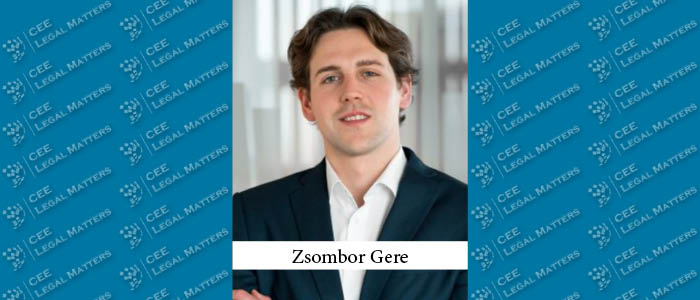One of the measurable success stories of the fintech revolution is how donation and subscription-based community financing has become an alternative to traditional fundraising methods such as classical bank financing or venture capital investments. From this rapid development, it follows that there is a less uniform picture in the public consciousness about the phenomenon of "crowdfunding." How many forms are there? Which ones are regulated? Who are the actors in the process? What regulations apply to it? How are they taxed? Among many clarifications to be made, the main question, however, is whether specialized crowdfunding service providers for this purpose will emerge in Hungary as well.
If somebody has heard the term crowdfunding before, the first thing that comes to mind is almost certainly not the EU Regulation 2020/1503, which is the basis for European regulation. Much more likely, they think of the Kickstarter platform, which provided the initial start for crowdfunding in 2009, where promising project ideas can still be supported today. The company successfully brought together project owners and users interested in the realization of their goals (e.g., software development) through its website. Users pre-finance and in return they receive rewards. This reward is usually a product designed, developed, and brought to market by the project owner.
Reward-based financing - taxation matters, regulation less so
However, reward-based crowdfunding and donation-based crowdfunding, which can be paired with it, do not require serious regulation. In both cases donations are made, in return for which, in the former case, users expect specific goods or services, while in the latter case, they do not receive monetary or other material compensation, as they contribute on a charitable basis to charitable projects. With these solutions, the question may be who and how they are taxed. This must be carefully considered mainly from the perspective of VAT, fees, and income tax. From a VAT perspective, it is generally assumed that the product, service, or other reward given in exchange for the contribution is subject to VAT liability. However, purely donation-based community fundraisers may not incur VAT liability, but they may incur stamp duty and possibly income tax liabilities. All of this depends on who collects and who gives the donation and, in general, whether this happens in Hungary.
Why has crowdfunding still become subject to regulation?
In addition to the opportunities already mentioned, crowdfunding can also be investment-based ("equity-based") or credit-based ("credit-based"). In the case of investment-based crowdfunding, the investor acquires ownership rights in the form of securities in exchange for their financial contribution, while in the case of credit-based crowdfunding, investors provide loans to the project owner to be repaid with interest. With these methods, significant amounts of capital can be raised, thus serving as alternatives and supplements to classical fundraising forms such as bank financing or venture capital investment. However, both forms of crowdfunding constitute financial services and investment services. While long-term opinions and incomplete national regulations have only provided guidance to market participants in this regard, the regulation issued by the EU in 2020 and applicable from November 2023 clearly states: prospective crowdfunding service providers must have permission to provide credit or investment-based services.
It works abroad... and at home?
Since the end of last year, uniform European regulation has made the requirements for crowdfunding transparent. As with other licensed activities, obtaining a crowdfunding license is not easy here either. So much that there is still no domestic service provider who has obtained such a permit.
However, this should not deter anyone. In other countries of the Central and Eastern European region (which fall under the same EU regulation), numerous companies have already established and licensed crowdfunding platforms. Thus, there are licensed crowdfunding service providers in Austria, the Czech Republic, Slovakia, Poland and Romania. There is serious competition among crowdfunding providers in some Western European countries: in France alone, since the entry into force of the regulation, approximately 60 providers have been registered and licensed in almost half a year.
Hopefully, thanks to transparent regulation and successful regional examples, crowdfunding will soon become an addition to traditional fundraising in Hungary as well. But until then, if someone does not want to navigate through the maze of Hungarian financial regulations, they can still start their operation in Hungary as a cross-border financing service established in another EU country.
By Zsombor Gere, Trainee Lawyer, Jalsovszky


